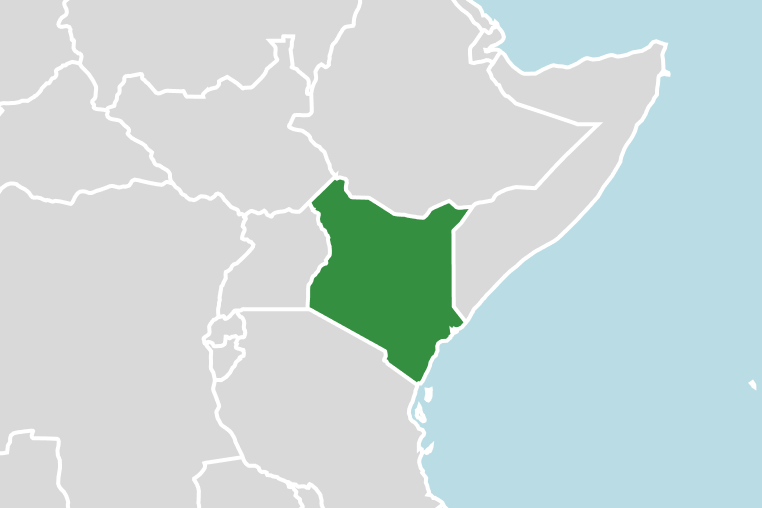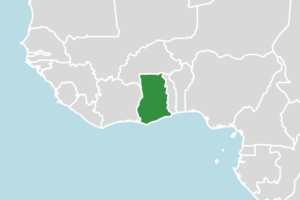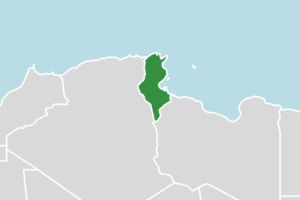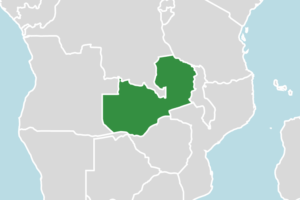Kenya: An East African hub for intra-African trade

Kenya signed the African Continental Free Trade Area (AfCFTA) agreement in 2018 and was one of the first two countries, along with Ghana, to ratify the AfCFTA. Trade under the AfCFTA officially began on 1 January 2022.
An East African hub for intra-African trade
Kenya has been in the lead on the African continent to drive negotiations forward and in implementing the AfCFTA agreement, publishing its AfCFTA implementation strategy (2022-2027) in August 2022. The strategy seeks to leverage the single African market to grow Kenya’s trade and investment in Africa, support structural transformation, and foster economic growth and sustainable development.
Kenya’s AfCFTA strategy identifies priority export products and sectors for goods and services, aligned with its national development goals and aspirations.
Historically, Kenya has been an active player in international trade. It is a member of the World Trade Organization and was a member of its predecessor, the General Agreement on Tariffs and Trade. Kenya is also an active member of regional economic communities within Africa and has ratified multiple free-trade agreements or economic partnership agreements with other countries.
Here is how GIZ is assisting Kenya to implement the AfCFTA:
In 2020, the Assembly of Heads of States and Government of the African Union called for the negotiation of e-commerce under the AfCFTA, acknowledging the critical role of emerging and advanced technologies in fostering innovation and trade. They emphasized the need for the ethical, trusted, safe, and responsible adoption of such technologies to harness digital innovation and deepen economic integration through harmonized rules and standards supporting digital trade.
Throughout 2023 and 2024, GIZ Kenya has actively supported the Ministry of Investments, Trade, and Industry, alongside other ministries and agencies, in analyzing the draft text for the digital trade protocol and its annexes. Our text-by-text analysis support was instrumental in developing a strong national position for continental negotiations, significantly improving trade regulations. This support has culminated in a comprehensive protocol that proudly bears Kenya’s footprint.
Facts and figures
Kenya’s intra-African trade:
Exports (2022):
USD 3 billion
Imports (2022):
USD 2.3 billion
Our partners in Kenya
Ministry of Investments, Trade and Industry
Kenya Revenue Authority
Kenya Trade Network Agency
Kenya Investment Authority
Kenya Export Promotion and Branding Agency
Kenya Association of Manufacturers
The East African Tea Trade Association
Shippers Council of Eastern Africa
Federation of East African Freight Forwarders Associations
SMEs and other Kenyan exporting companies
Related Content



